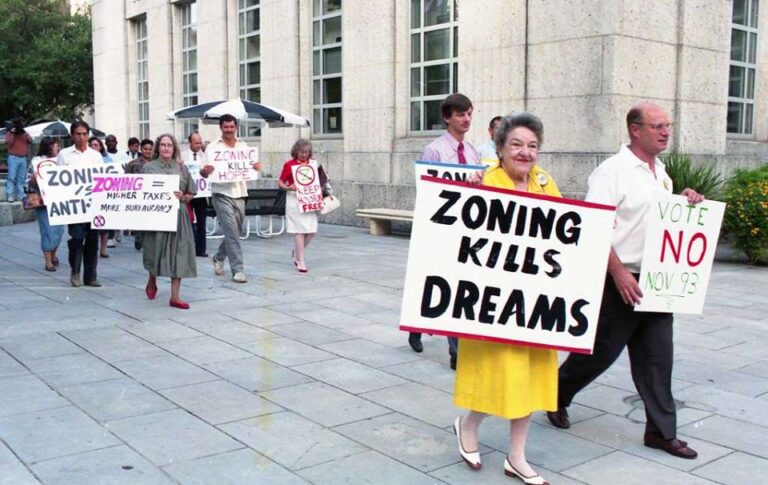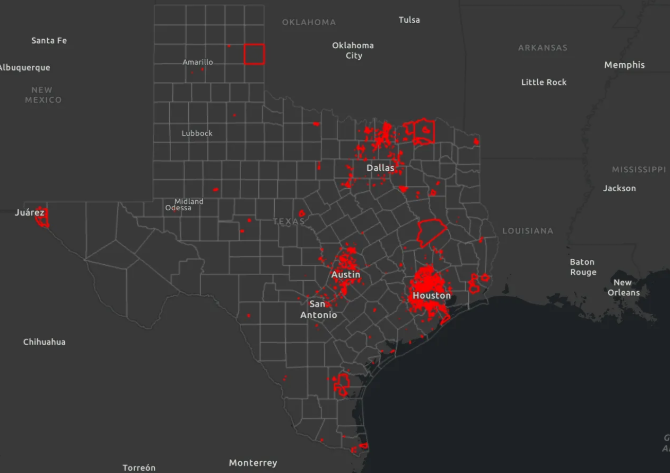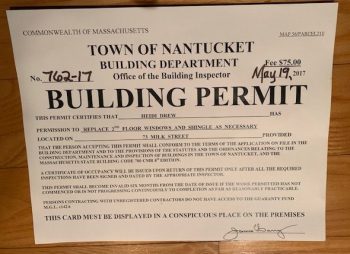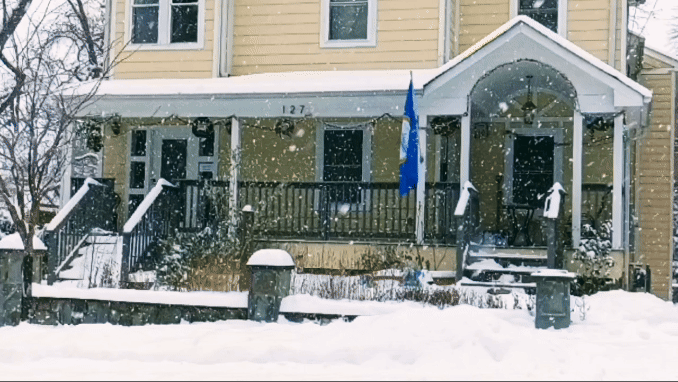Physical Address
304 North Cardinal St.
Dorchester Center, MA 02124
Physical Address
304 North Cardinal St.
Dorchester Center, MA 02124

Two Substacks this week suggest that YIMBYism will or should merge with broader urbanist concerns to become something more like a political party. Two professors aligned with YIMBYism – Chris Elmendorf and David Schleicher – argue that YIMBY needs a…

The Great Depression featured vast Hoovervilles, which expanded the hobo “jungles” of earlier times. When wartime production drew millions into industrial cities that had no beds for them, why didn’t the Hoovervilles expand into Rosie-the-Rivetervilles? The corollary is that the…

Check out Dan Bertolet’s review of the productive legislative year in Washington, where lawmakers preempted local parking, design, and unfunded inclusionary zoning requirements, among other things.

Via Kevin Erdmann, several Democratic and Independent U.S. senators have introduced a viciously NIMBY bill: The “Humans over Private Equity for Homeownership Act” is [would require] firms that own more than 50 single-family rental properties to divest their properties [over…

Connor Tabarrok has an excellent new primer on Texas Municipal Utility Districts (MUDs), covering history, function, governance, and critiques.

In response to David Albouy & Jason Faberman’s new NBER paper, Skills, Migration and Urban Amenities over the Life Cycle, Lyman Stone asks if this means that cities will always have lower fertility? I think the answer is probably yes, but that’s extrapolating beyond the paper at hand. What this paper shows is that there will always be some regions that are a better (worse) deal for parents relative to non-parents. The paper First, here’s Albouy & Faberman’s abstract, with emphasis added. TL;DR: there’s no point paying to live in Honolulu if you’re going to stay at home and watch Bluey every night. We examine sorting behavior across metropolitan areas by skill over individuals’ life cycles. We show that high-skill workers disproportionately sort into high-amenity areas, but do so relatively early in life. Workers of all skill levels tend to move towards lower-amenity areas during their thirties and forties. Consequently, individuals’ time use and expenditures on activities related to local amenities are U-shaped over the life cycle. This contrasts with well-documented life-cycle consumption profiles, which have an opposite inverted-U shape. We present evidence that the move towards lower-amenity (and lower-cost) metropolitan areas is driven by changes in the number of household children over the life cycle: individuals, particularly the college educated, tend to move towards lower-amenity areas after having their first child. We develop an equilibrium model of location choice, labor supply, and amenity consumption and introduce life-cycle changes in household compo! sition that affect leisure preferences, consumption choices, and required home production time. Key to the model is a complementarity between leisure time spent going out and local amenities, which we estimate to be large and significant. Ignoring this complementarity and the distinction between types of leisure misses the dampening effect child rearing has on urban agglomeration. Since the […]

Here are the results of my first use of OpenAI’s Deep Research tool. I asked for information that I know well – and in which inaccurate research has been published. It did a great job and relied substantially on my…

In a recent post, I revealed the 91 large cities and counties that consistently fail to report complete data to the federal Building Permit Survey (BPS). But what about smaller jurisdictions, which often have weak record-keeping and slim staffs – and what about states made up of many such small jurisdictions? The gold standard for counting housing units is the Decennial Census. That shows that the number of homes in Massachusetts grew from 2,622,000 in 2000 to 2,808,000 in 2010 to 2,998,000 in 2020. Even though building permits do not always result in completed homes, local reports and Census Bureau interpolations fall well short: It’s possible that some building permits pulled in 2007-2009 were delayed by the Great Recession but completed after the 2010 census. Taking the twenty-year period together, the BPS (2000-2019) is only picking up 84 percent of completed homes – not to mention those that are permitted but abandoned. Looking ahead, Gov. Healey’s administration has estimated (poorly) that the commonwealth needs 222,000 new homes by 2035. How does that compare to recent production? We don’t have a 2024 Census. But if we assume that reported 2015-2024 building permits turn into housing at the same rate that 2000-2019 building permits did, we can get a working estimate. The BPS reports 167,000 Bay State building permits from 2015 through 2024 (with extrapolation for December, 2024). That means that something closer to 199,000 new homes were likely completed in that period. If that’s true, then the administration’s “housing need” estimate is just 12% higher than recent construction – which has been inadequate to prevent a huge upswing in rents and prices.

Snowfall reveals a curiosity of the commons and - Alan Cole claims - something about the character of urban progressives.

We identified large 91 cities and counties that regularly fail to report their building permits to the Census Bureau - including some surprising culprits.